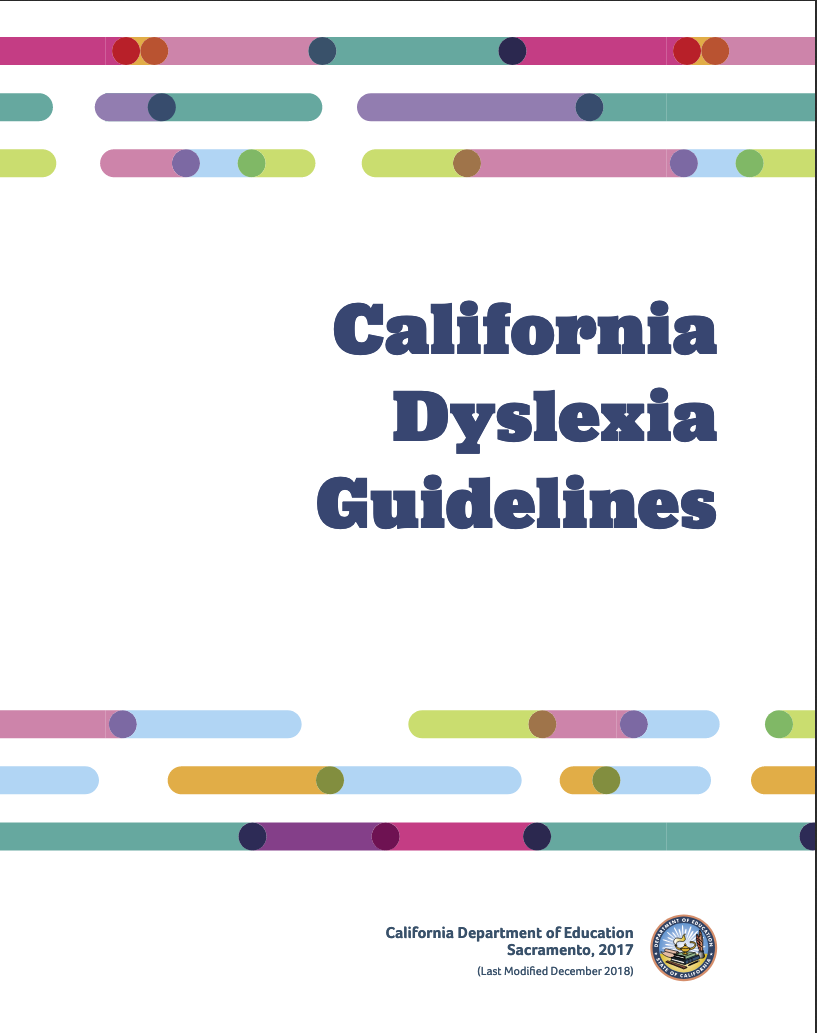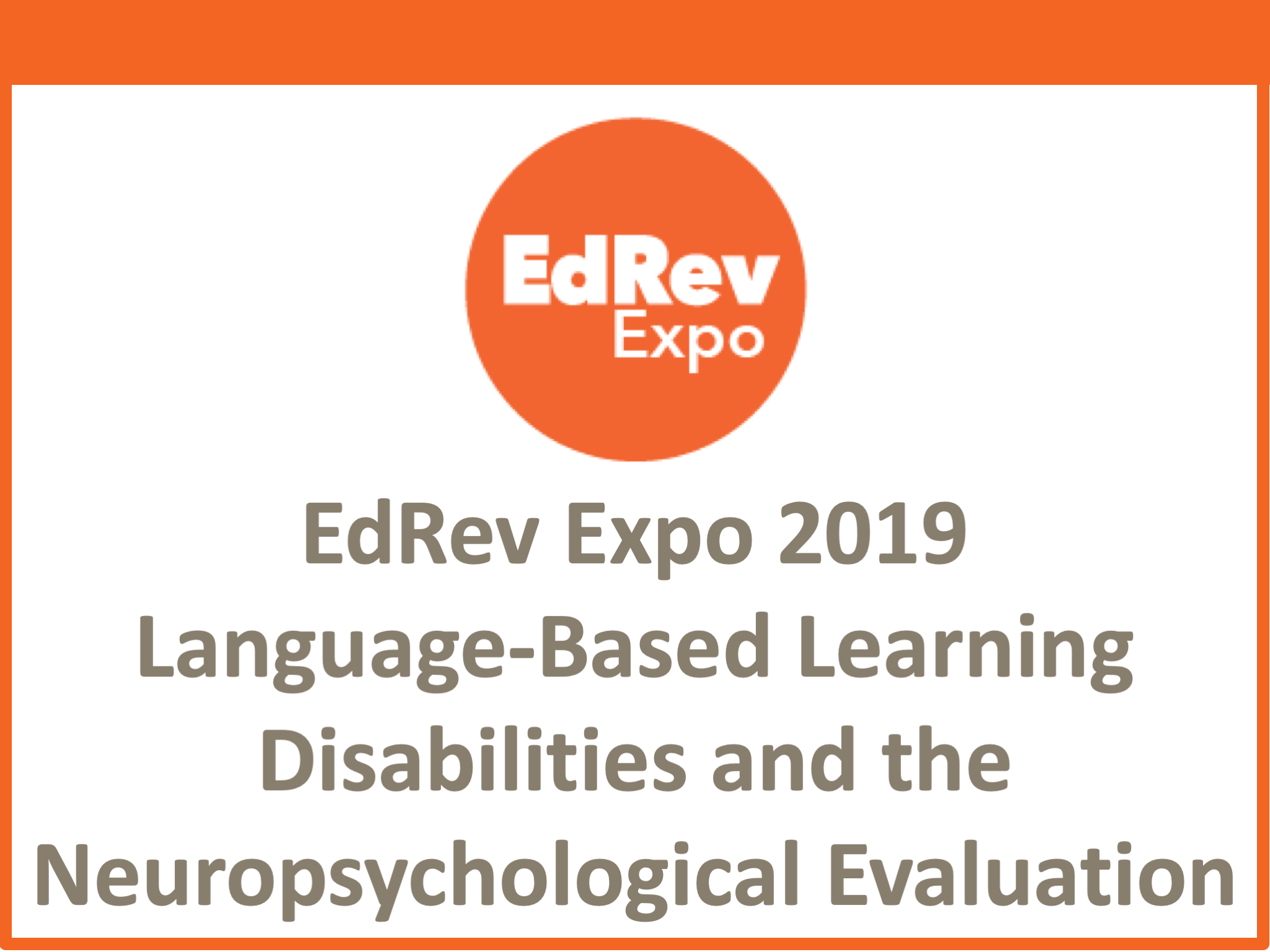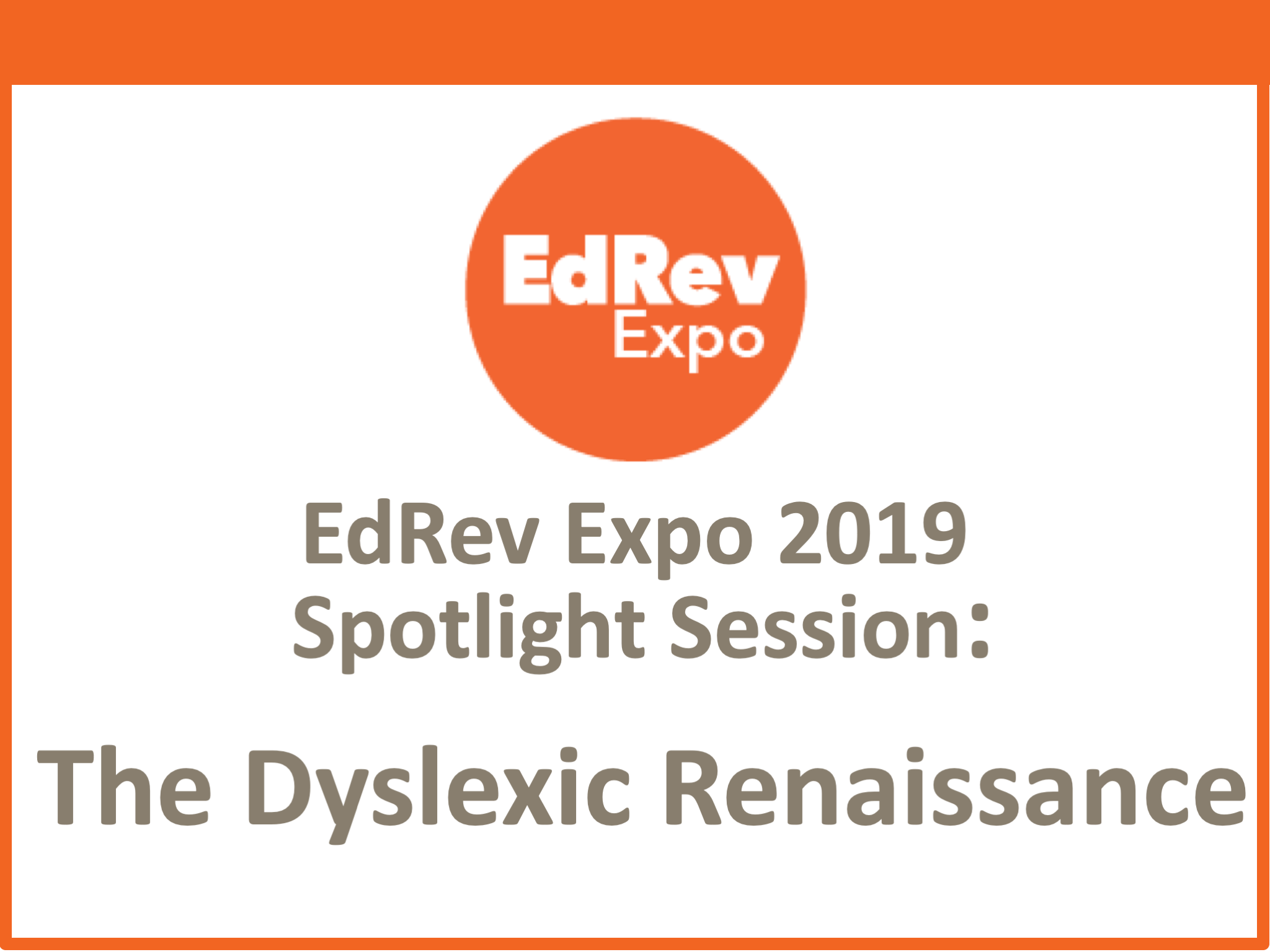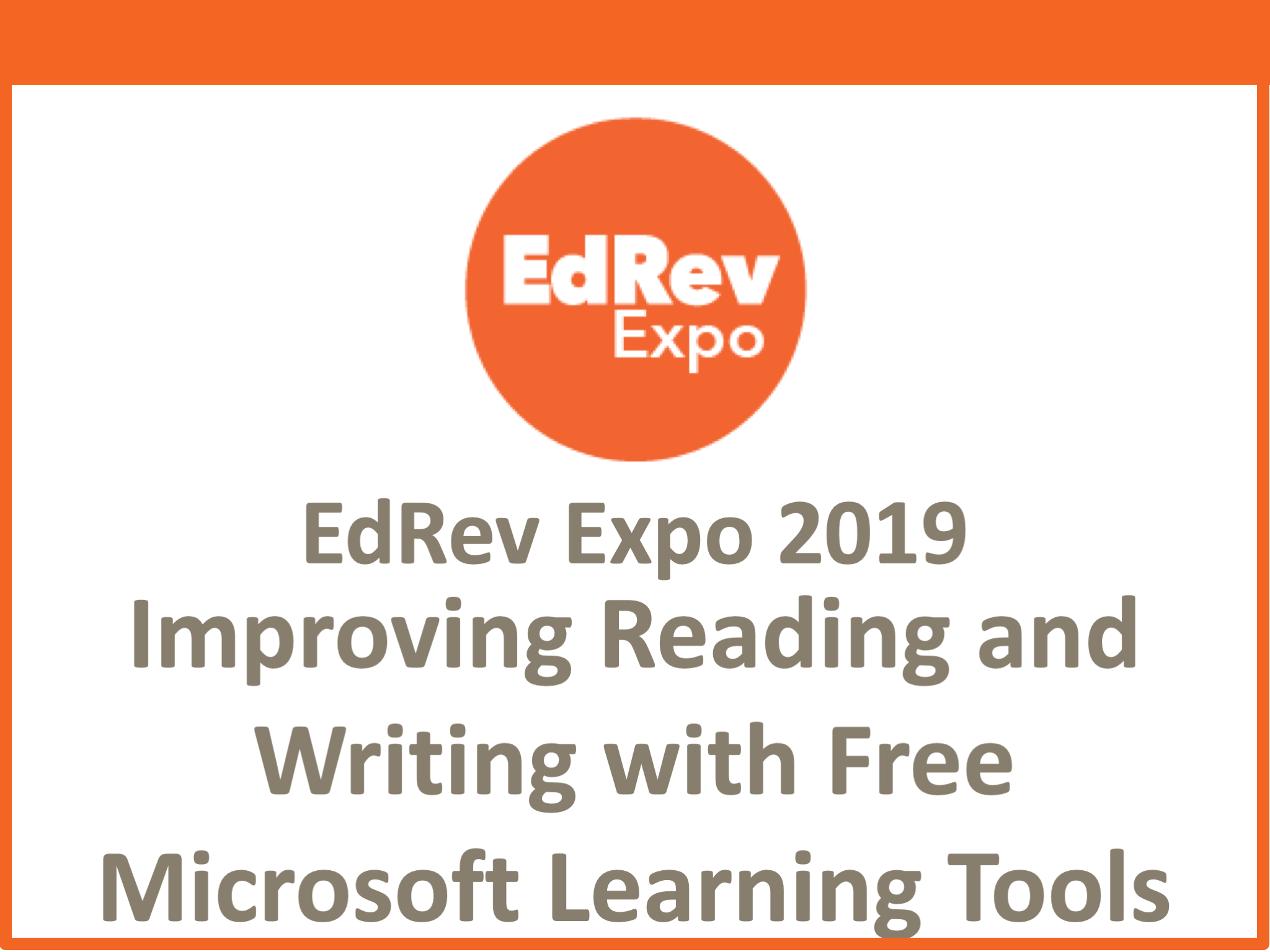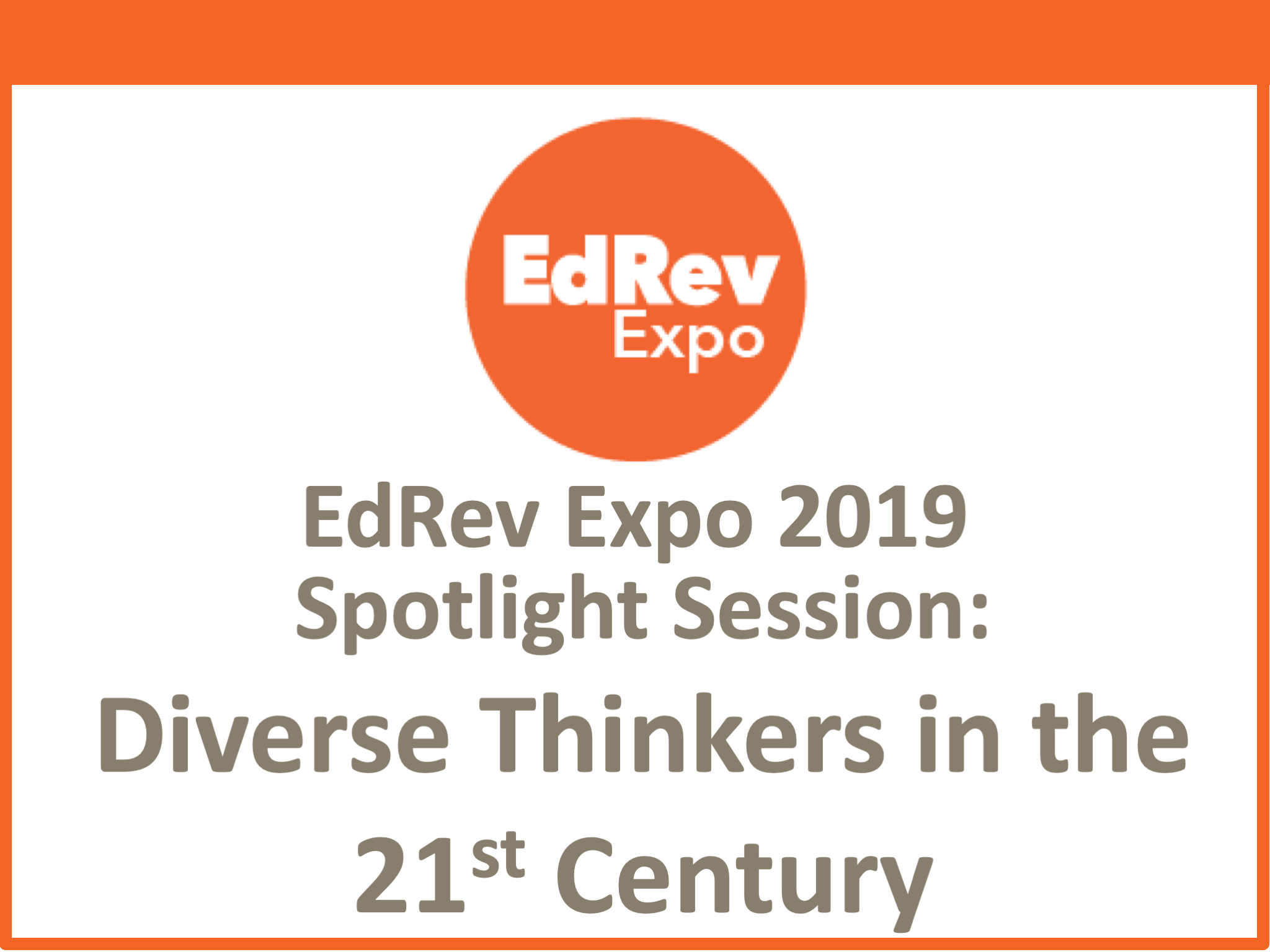Raising Kids with Dyslexia: Advice from a Mom on a Mission
 written by Liza Bennigson, Associate Director of Marketing and Communications
written by Liza Bennigson, Associate Director of Marketing and Communications
When her son, Dylan, was struggling with reading in second grade, Melinda Saunders thought little of it. After all, her older daughter, Alison, had been a late-reader, and Melinda knew every child learns at their own pace. Read more ›

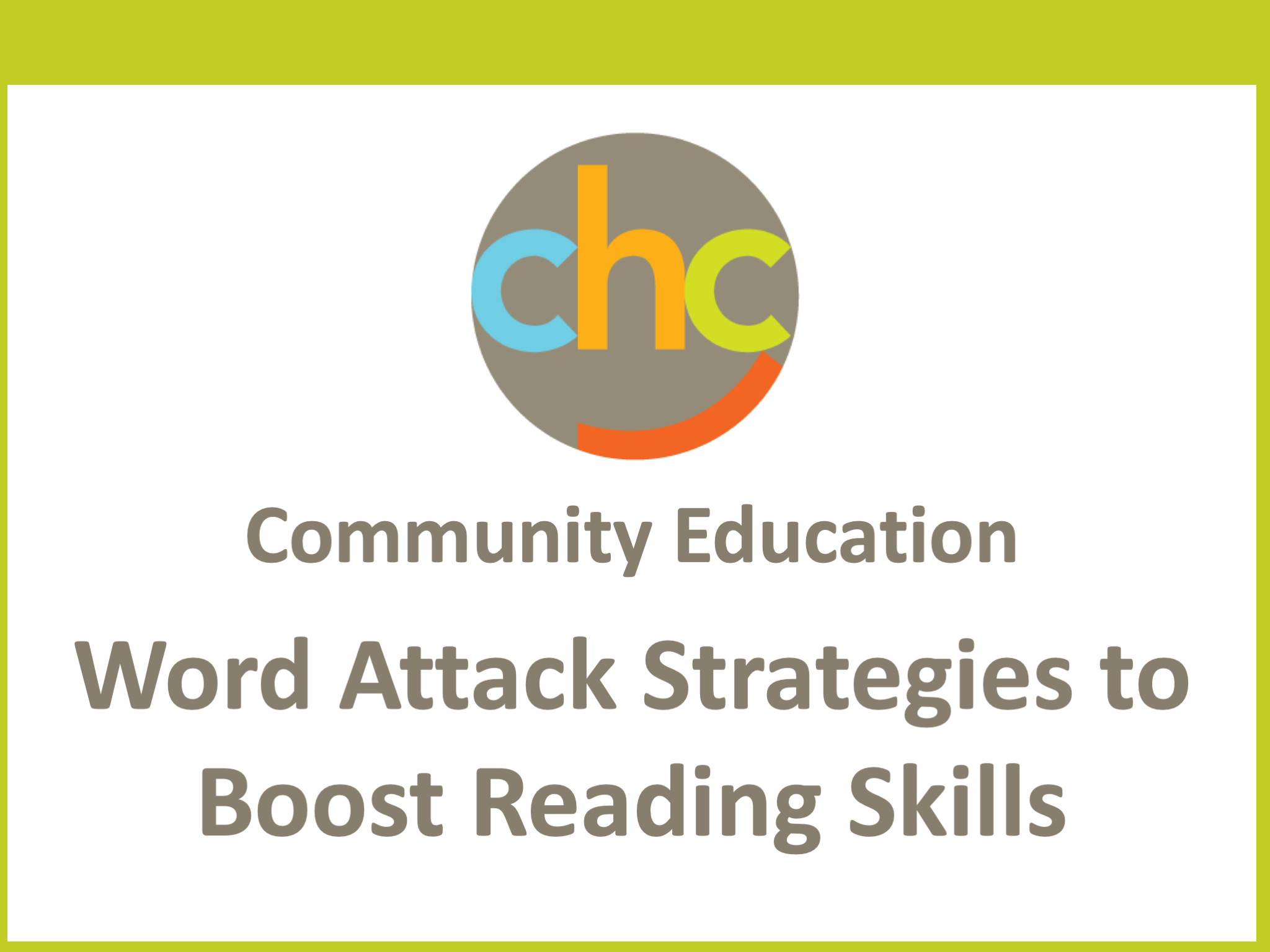
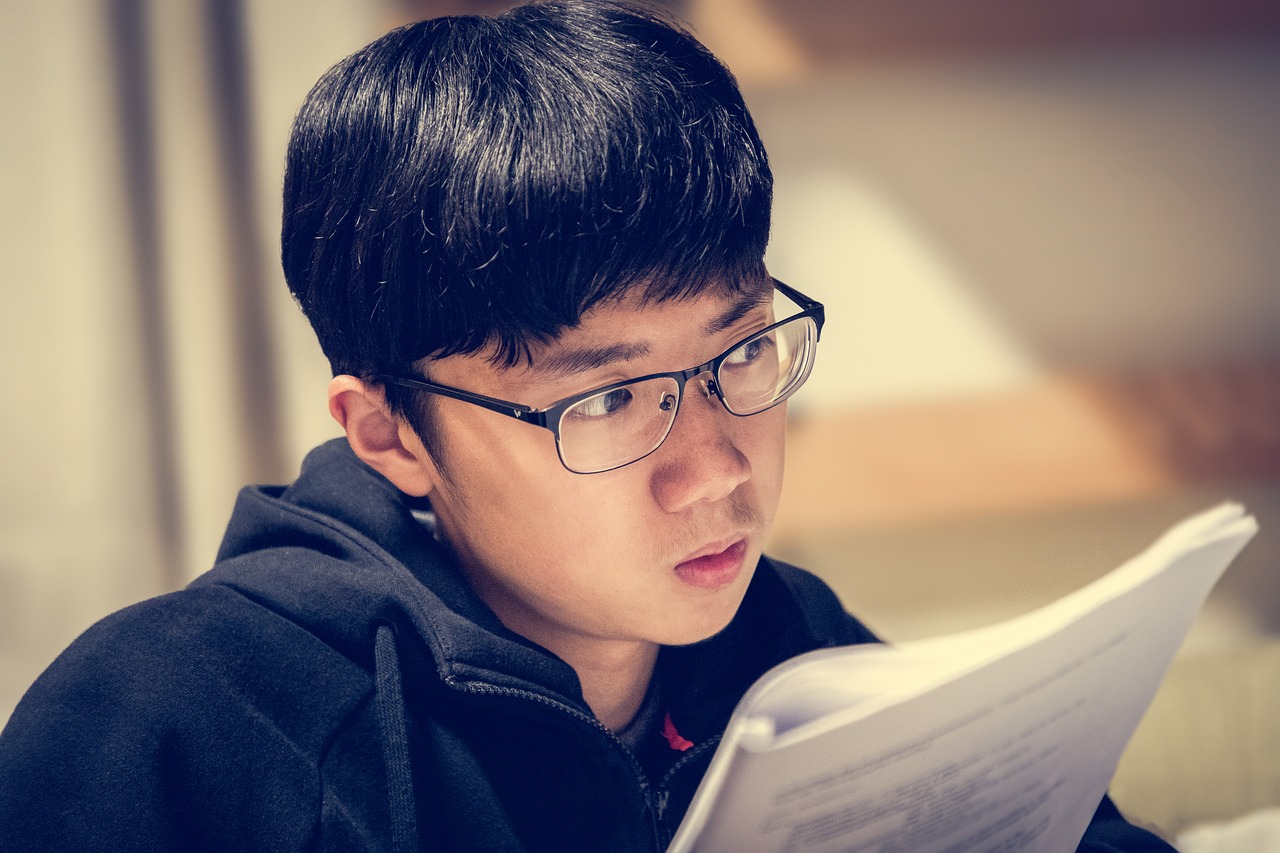
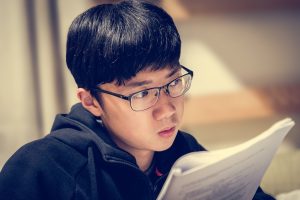 Millions of Americans struggle to read and it’s often because they have dyslexia. An estimated five to 20 percent of kids are dyslexic but some don’t realize it. These students’ dyslexia go unnoticed and they struggle in school with feelings of inadequacy. Others fight to get basic services required by federal law.
Millions of Americans struggle to read and it’s often because they have dyslexia. An estimated five to 20 percent of kids are dyslexic but some don’t realize it. These students’ dyslexia go unnoticed and they struggle in school with feelings of inadequacy. Others fight to get basic services required by federal law. 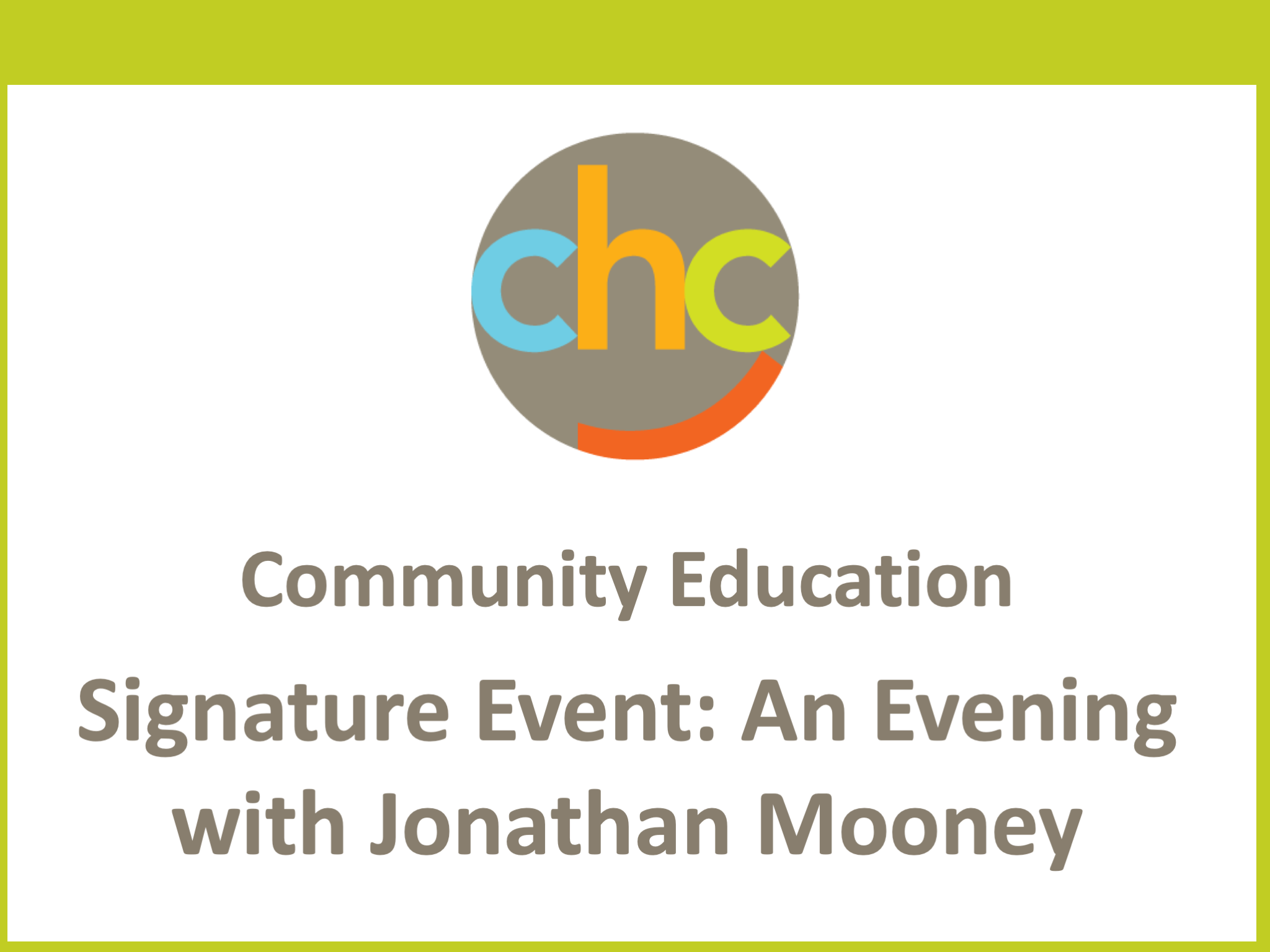
 gives an inspirational talk about how different does not mean deficient — and we shouldn’t be striving for, or enforcing, normalcy on anyone.
gives an inspirational talk about how different does not mean deficient — and we shouldn’t be striving for, or enforcing, normalcy on anyone. 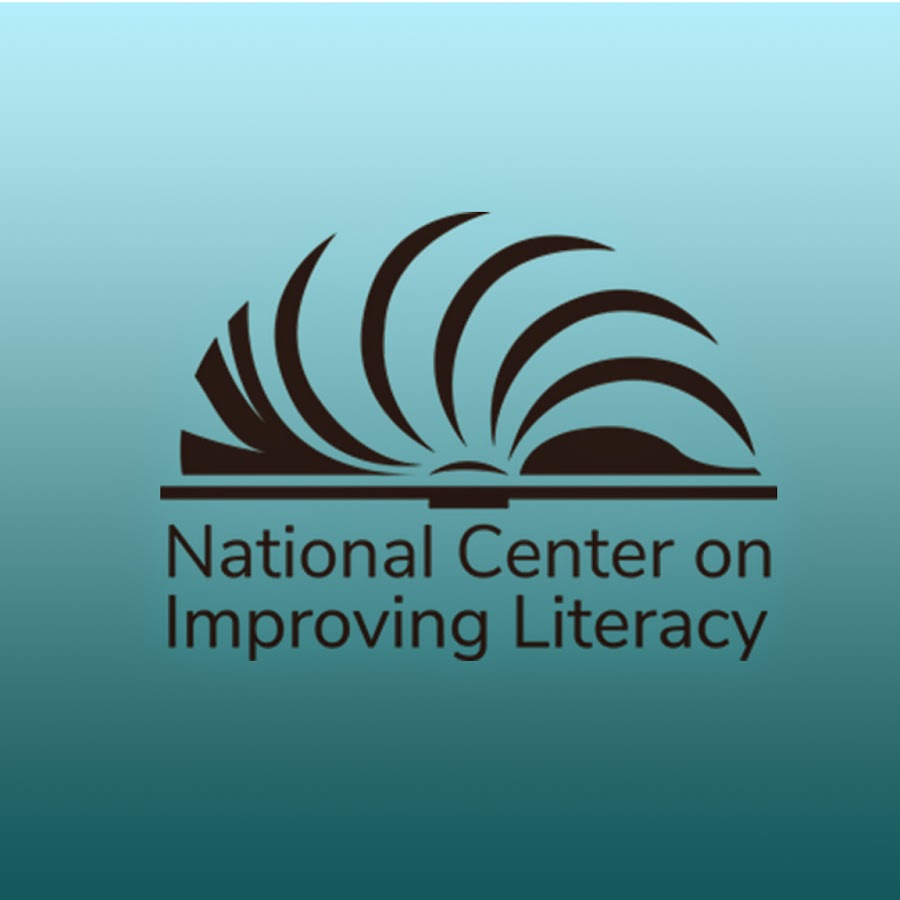
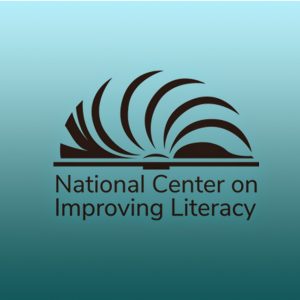 The
The 